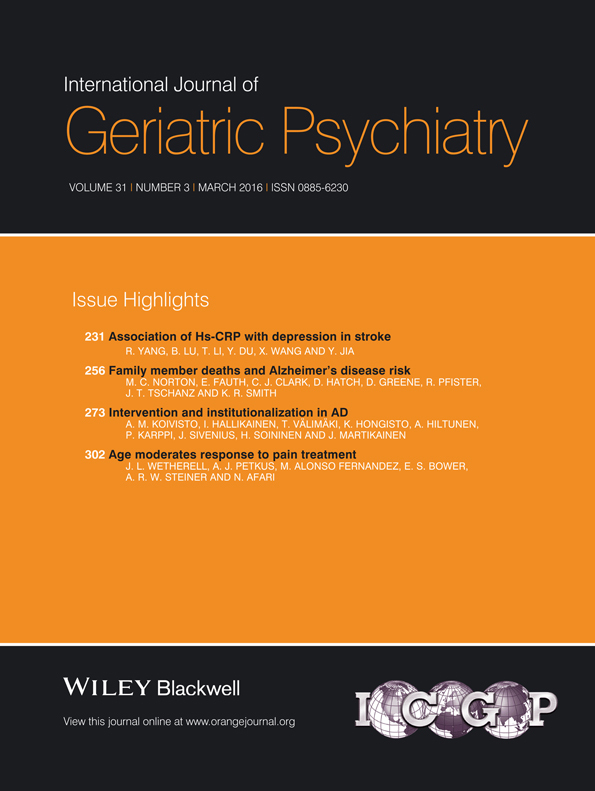Helping staff to implement psychosocial interventions in care homes: augmenting existing practices and meeting needs for support
Abstract
Objective
To contribute to an optimised training programme for care staff that supports the implementation of evidence-based psychosocial interventions in long-term care.
Methods
Qualitative study that involved focus group discussions with 119 care home staff within 16 care homes in the UK. Part of wider clinical trial aimed at developing and evaluating an effective and practical psychosocial intervention and implementation approach for people with dementia in long-term care. Inductive thematic analysis was used to identify themes and interpret the data.
Results
The findings highlighted that successful training and support interventions must acknowledge and respond to ‘whole home’ issues. Three overarching themes emerged as influential: the importance of contextual factors such as staff morale, interpersonal relationships within the home, and experience and perceived value of the proposed intervention.
Conclusions
Priority must be given to obtain the commitment of all staff, management and relatives to the training programme and ensure that expectations regarding interaction with residents, participation in activities and the reduction of medication are shared across the care home. Copyright © 2015 John Wiley & Sons, Ltd.




